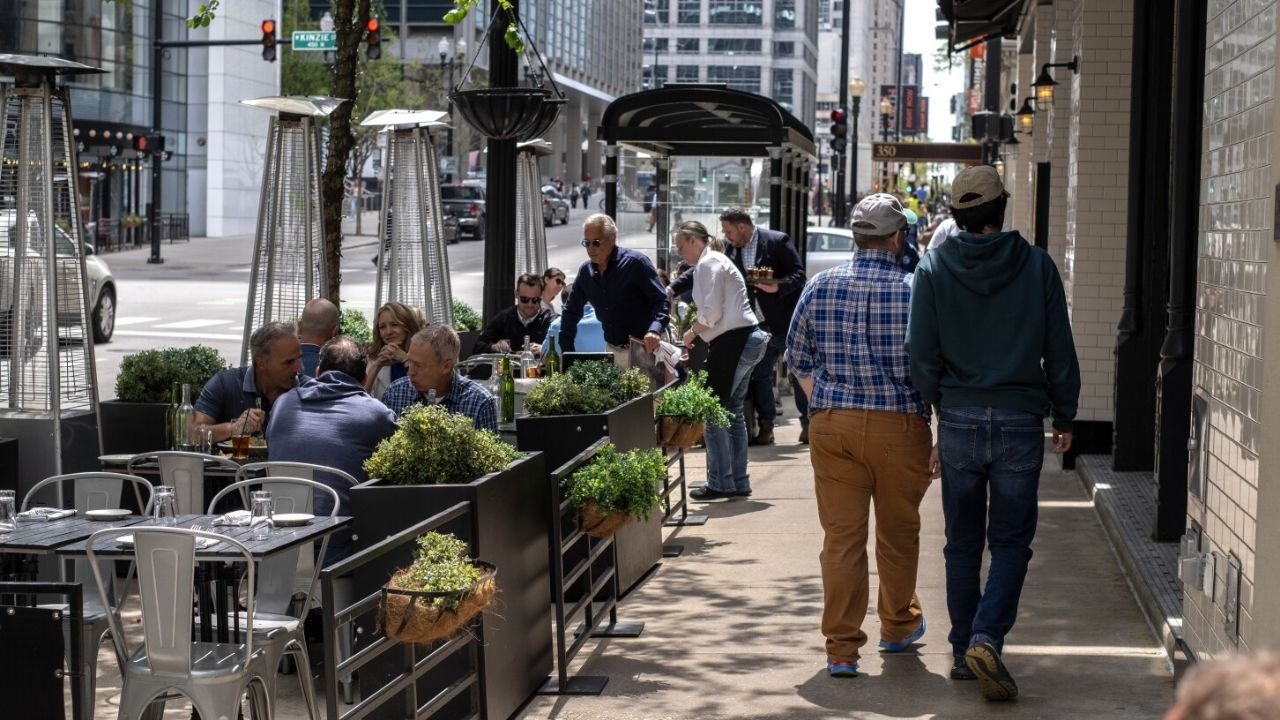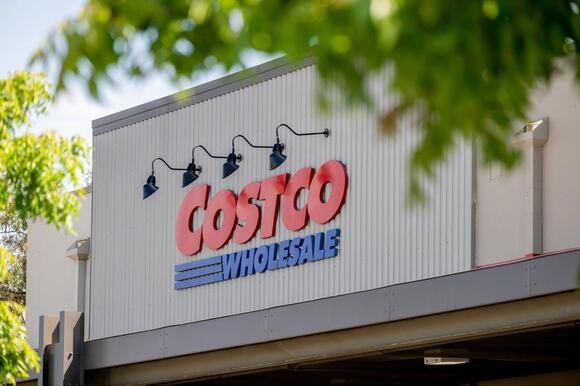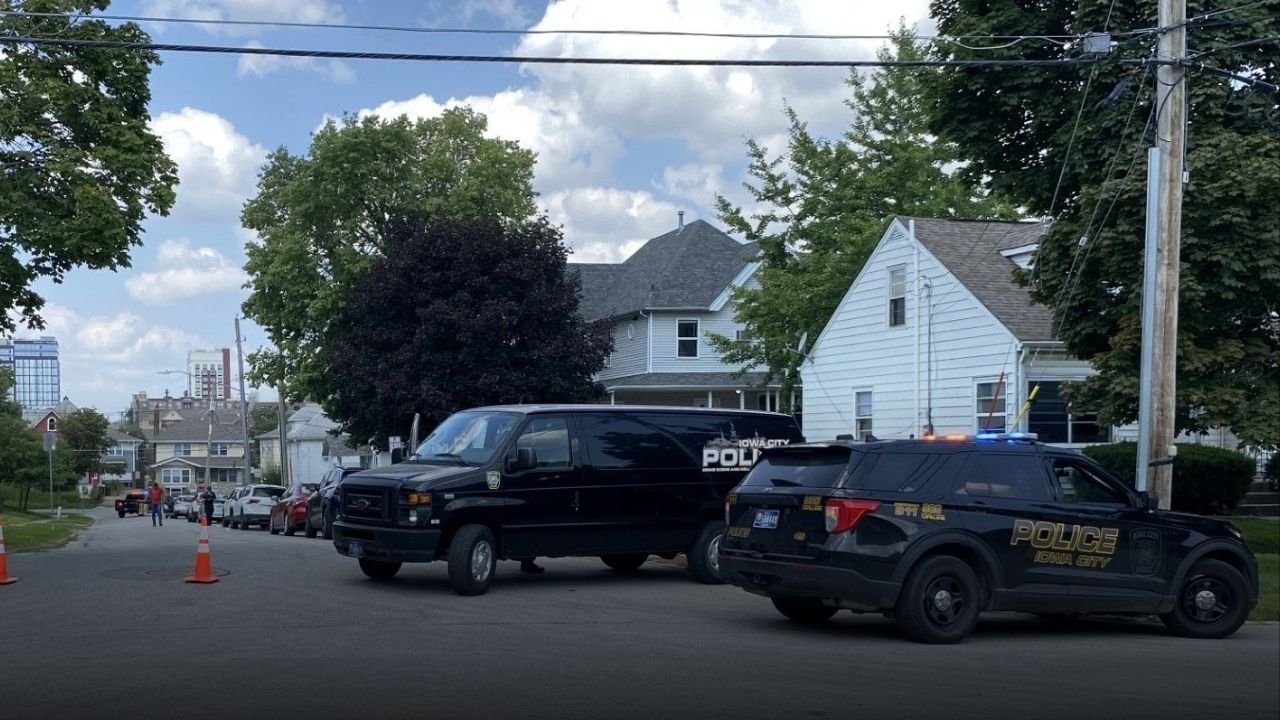CHICAGO — A new chapter in Chicago’s labor landscape begins July 1, as the city increases its minimum wage for tipped workers — a move hailed by advocates and sharply criticized by some restaurant owners.
The increase is part of the One Fair Wage Ordinance, approved in 2023, which aims to phase out subminimum wages for tipped workers. On Tuesday, the tipped wage will rise from $11.02 to $12.62 per hour, while the base minimum wage for non-tipped workers increases from $16.20 to $16.60.
Supporters Say It’s a Step Toward Equity
At a celebratory event earlier this week, backers of the policy praised the wage hike as a win for Chicago’s service workers, particularly those in vulnerable groups.
“Immigrants, women, and people of color are the backbone of the service industry, and they deserve better,” said Richard Rodriguez, national policy director for One Fair Wage.
Mayor Brandon Johnson echoed the sentiment, stating the ordinance fulfills a promise made to working families across the city.
Restaurateurs Warn of Fallout
But not everyone is celebrating.
Some Chicago restaurant owners, including Bronzeville Winery’s Eric Williams, argue the wage hike is already hurting their operations. Williams said the new requirement has added $30,000 in annual costs to his business — despite already implementing a 20% service charge to support staff.
“You have to make changes,” Williams said. “Raise prices, cut servers, reduce service — we’ve done all of that.”
Members of the Illinois Restaurant Association warn that many establishments will be forced to shut down or cut jobs as they struggle to absorb higher labor costs.
Sam Toia, CEO of the association, emphasized that restaurants were already required to ensure tipped workers make at least the full minimum wage when tips are included.
“If they’re not, then employers need to make that up,” Toia said. “Nobody should make less than the city’s minimum wage.”
A Larger Trend, But With Mixed Results
Chicago’s ordinance mirrors similar legislation passed in Washington, D.C., which has since faced backlash. D.C. Mayor Muriel Bowser recently called for its repeal, arguing the policy may be failing both workers and small businesses.
Despite concerns, proponents of Chicago’s plan say they hope to expand the One Fair Wage model statewide. Toia, meanwhile, plans to take restaurant owner concerns to Springfield.
What do you think about the new wage hike — is it a necessary equity measure or an overreach that could shutter small businesses? Let us know at ChicagoSuburbanFamily.com.














